

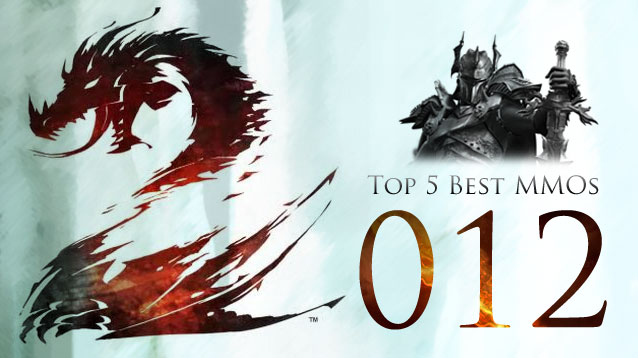
2012 is shaping up to be a phenomenal year for MMO fans. With World of Warcraft's near-decade of dominance seemingly approaching its end and the next generation of high profile titles looming on the horizon, the genre's future feels almost completely undecided. This year's successes and failures will likely shape the market for some time to come, and that's every bit as exciting as it is daunting.
It's hard to imagine what we'll be talking about in twelve months time, especially when so much remains up in the air. Will anyone replace Blizzard at the top of the MMORPG heap? Will the free-to-play model finally render subscription fees obsolete? Could this be the year the MMOFPS finally gets its breakout hit? Sadly, our psychic powers aren't quite strong enough to answer those questions (yet). Instead, we'll offer you a primer on a few of the upcoming MMOs that are definitely worth keeping a close eye on.
Here are five releases that are sure to shake up the MMO market in 2012.
Sure, The Old Republic was technically released late last year, but 2012 will be when BioWare's first MMO really shows its legs. As EA finishes rolling out the game globally this spring, they'll face their first big test, working out the scaling bugs that have spelled huge queue times for many early adopters. If The Old Republic can clear that hurdle, it faces its next challenge: keeping subscribers interested. More than a million copies of the game sold at launch, and if BioWare can keep those folks onboard and happy, long-term prospects are looking pretty good. Sooner or later, though, hardcore fans are going to plow their way through the base game and be hungry for more.
An awful lot is riding on the game's continued development, be it in incremental patches, well orchestrated events, or beefy expansions. Given the game's heavy emphasis on storytelling and voice acted dialogue, adding engaging new content won't be a trivial task. Thankfully, BioWare is well aware of this fact, and they've already laid out some of their plans for the game's future. Provided they can deliver on their promises, 2012 just might be the year The Old Republic ascends to the MMO throne.
A quick word of warning to the team, though: That Gungan patch you're working on? Bad idea.
If nothing else, The Secret World offers the most compelling premise of any MMO in recent memory. Set in the present day, the game centers around the notion that all those myths and conspiracy theories floating around are all based in fact. You'll team up with one of three secret societies — either the Templars, the Illuminati, or a Korean group called the Dragon — to save the world from the sinister beings that lurk in the shadows. With locations that range from the realistic (London, Seoul, New York) to the fantastical (El Dorado, Shambala), The Secret World promises a mix of freedom and linear storytelling that lets you move through the game at your own pace.
Combat, with its three-pronged focus on melee attacks, firearms, and spells, falls into the standard MMO style of targeting enemies and then clicking to use skills, but in a rather interesting turn, The Secret World won't feature any classes or levels. Instead, the game will allow you to continually add to a huge arsenal of skills, with no restrictions on what combinations you can employ. So long as you keep earning the experience to unlock them, you can equip whatever skills you see fit, effectively allowing you to design your own classes from scratch. Of course, you're more than welcome to stick to what's comfortable and build a standard tank or a healer, but where's the fun in that?
Though both an MMO and an FPS, Dust 514 won't be an MMOFPS in any traditional sense. If you're in the market for gigantic player counts, you'll have to look elsewhere, as the game caps things off at a fairly tame 32 players per side. That doesn't mean combat will be bland — CCP Games plans to include vehicles and a hefty amount of customization to keep things fresh — but where things get really clever is in the relationship Dust 514 will have with its big brother, massively multiplayer space sim EVE Online.
For the uninitiated, the world of EVE Online is inhabited by hundreds of corporations, all struggling to establish interstellar empires based through some blend of trade, diplomacy, and violence. The transactions may be fictional, but the stakes are high, and that's what makes Dust 514 so compelling. Players in Dust will take on the role of mercenaries, free to sign up with a corporation and fight under their banner. By winning matches, they'll be able to seize planets from rivals, altering the balance of power in the universe. If that isn't crazy enough for you, mercs will also be able to band together and rebel against their overlords, capturing territory from established corporations and forming their own. All that without having to spend a single second in EVE Online.
To date, the original PlanetSide remains the most successful MMOFPS game ever created. With battles that supported up to 399 concurrent players and a persistent war between its three factions, PlanetSide was nothing short of revolutionary in its day. Now that SOE is hard at work on a sequel, you can expect them to push things even further.
PlanetSide 2 will feature more of the same large-scale combat that made its predecessor a runaway hit, along with plenty of refinements to help the franchise transition smoothly into the current generation. Those updates include a new slate of air and ground vehicles, tons of weapons and customization options, and a brand new engine. Worried that the ludicrous scope you've come to expect of PlanetSide will be lost in translation? No need to fret. SOE has confirmed that the continents on which combat takes place will each be in the neighborhood of 16 square kilometers. For reference, that's about half the size of Skyrim, and that's just one of PlanetSide 2's maps, used for a single battle. It doesn't get much bigger than that.
Released in 2005 to strong reviews, Guild Wars was a revolutionary game, so much so that fans argue to this day about whether or not it qualifies as a true MMORPG. Some aspects, like the combat system, seemed more at home in a strategy title than a standard MMO, and the pricing structure, which eschewed monthly fees in favor of episodic campaigns, remains one of the more unique approaches in recent memory.
Guild Wars 2, if you can believe it, promises to shake things up even more than the first game. Developer ArenaNet has reconsidered just about every convention of the genre, often with a novel solution as the end result. Traditional quests are out, replaced by a dynamic event system that responds to your actions. The system will move beyond a series of branching choices, instead organically building the story outward based on the ways you tackle your objectives. While it's an ambitious goal, success would pretty much eliminate grinding altogether, leaving you free to enjoy the game as it unfolds. Throw in new races and professions, a greatly streamlined combat system, a much higher level cap, and persistent PvP, and you've got plenty of reasons to be excited.

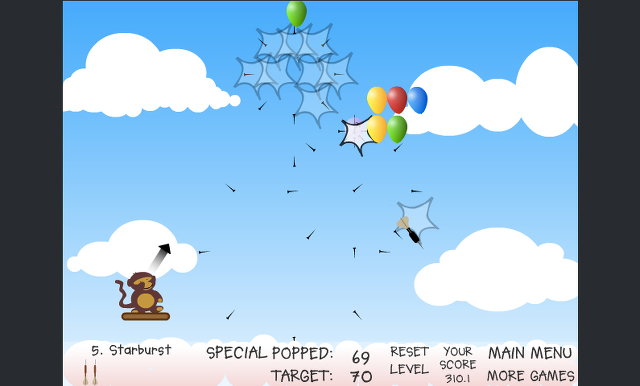


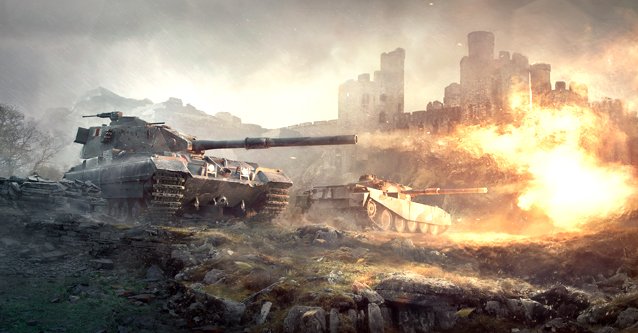 War Is Research: An Interview With VP of Game Design at Wargaming, Sergey Burkatovskiy
War Is Research: An Interview With VP of Game Design at Wargaming, Sergey Burkatovskiy Top 10 Horror Games of 2015
Top 10 Horror Games of 2015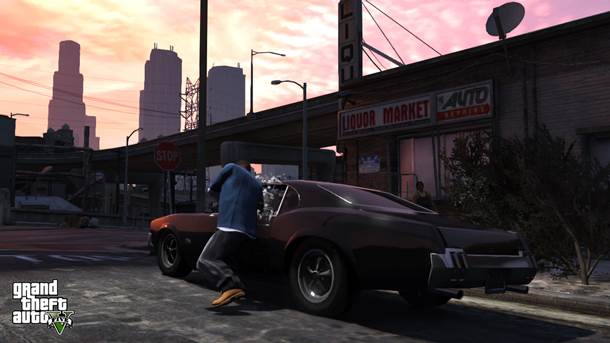 GTA Online Guide: Replay Missions after Patch to Farm Money
GTA Online Guide: Replay Missions after Patch to Farm Money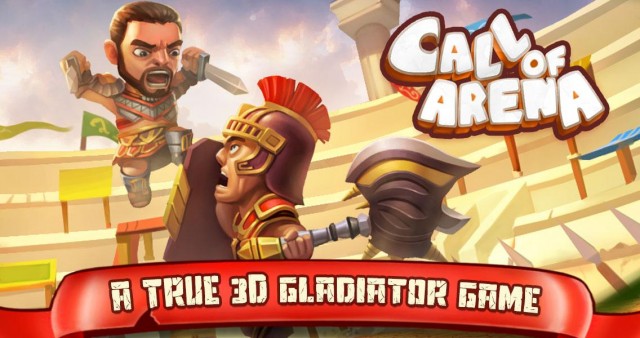 How to be the Best Gladiator in Gladiators: Call of Arena with better Attack, more Gems ans Smart Gameplay, Tips & Tricks
How to be the Best Gladiator in Gladiators: Call of Arena with better Attack, more Gems ans Smart Gameplay, Tips & Tricks Magic Duels - Origins: all Planeswalker Cards at a glance
Magic Duels - Origins: all Planeswalker Cards at a glance